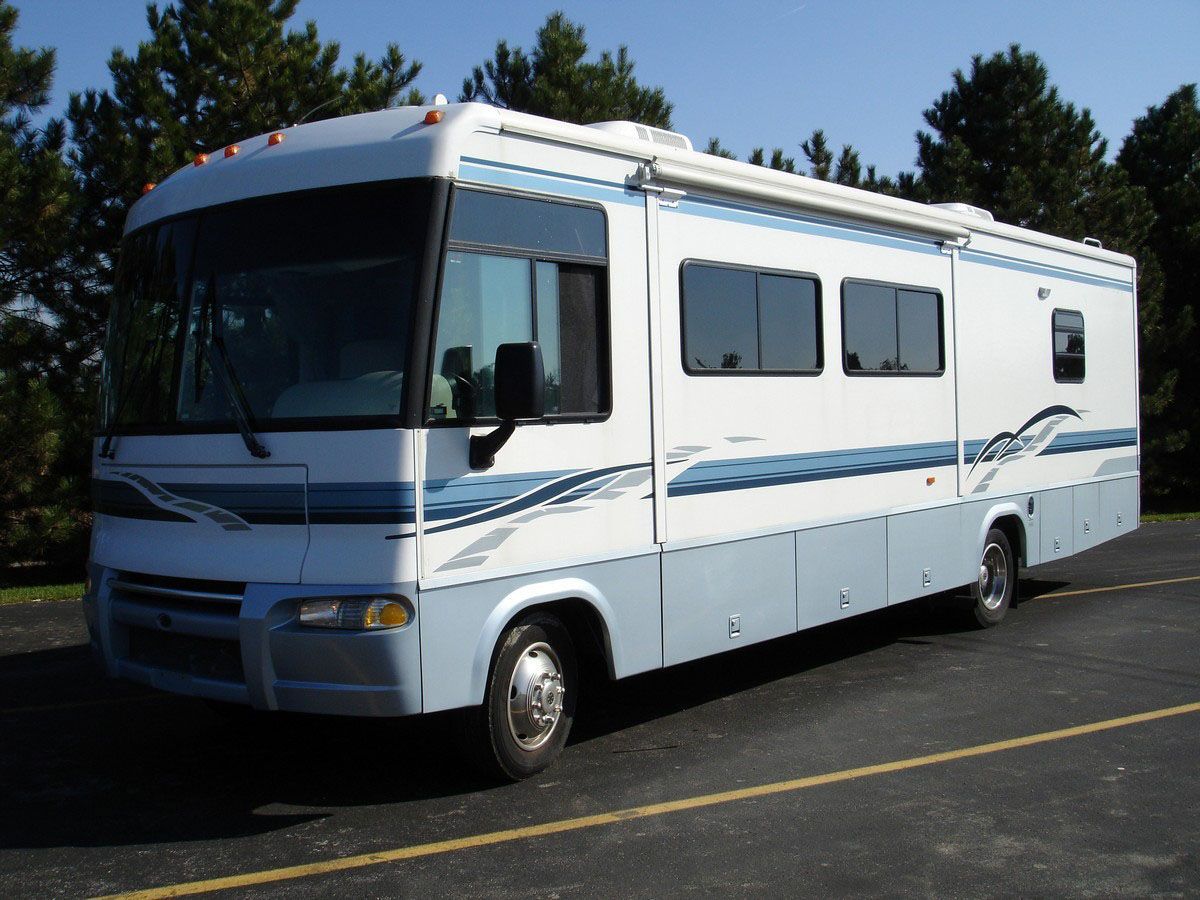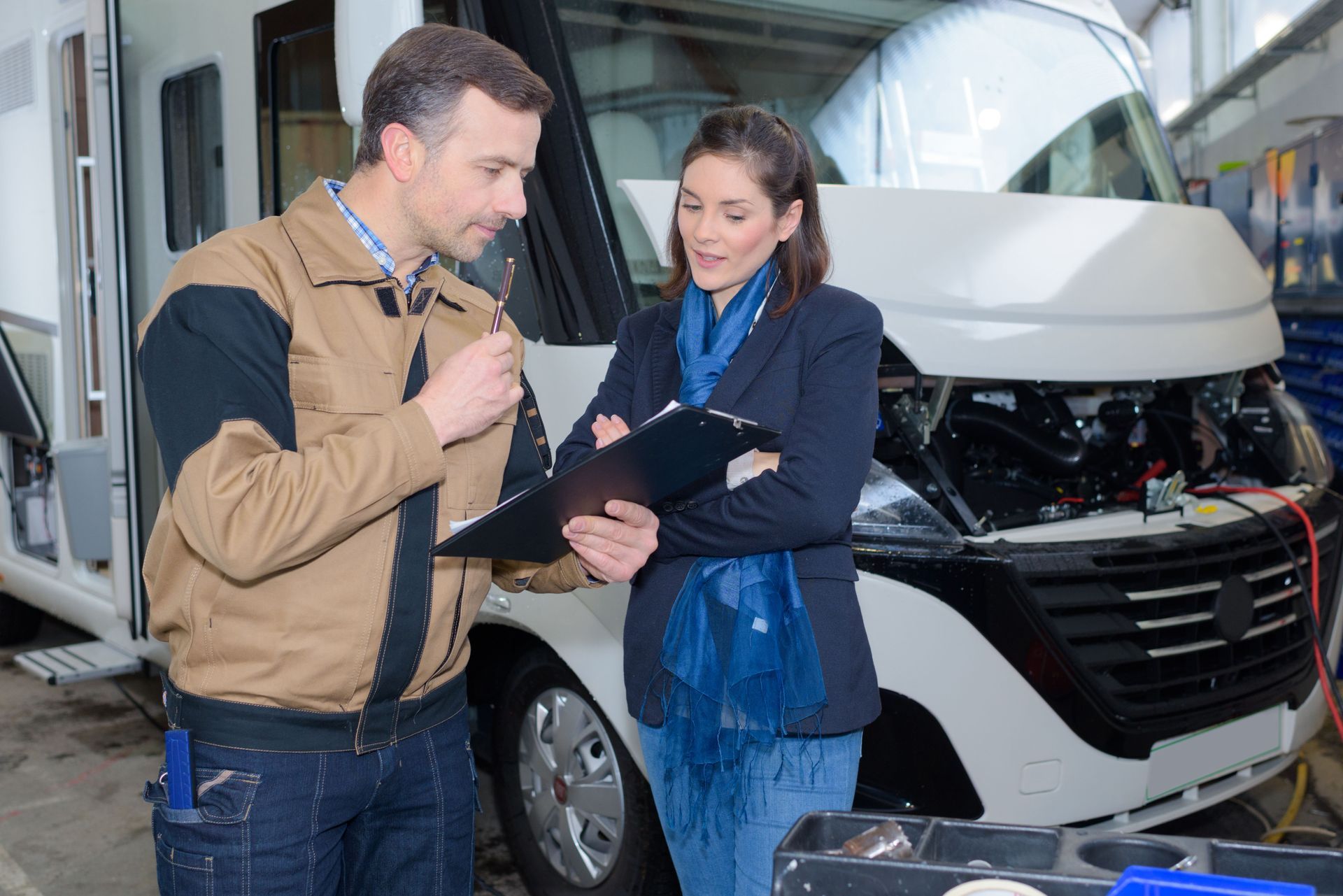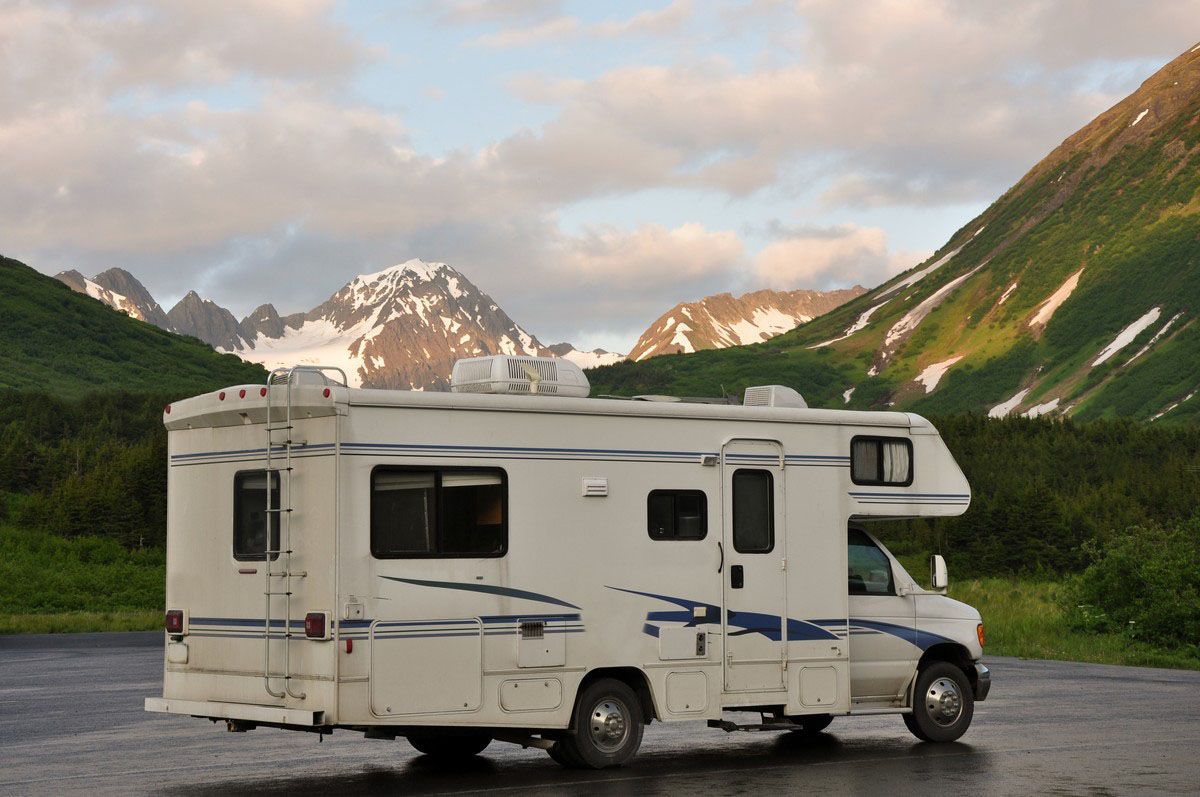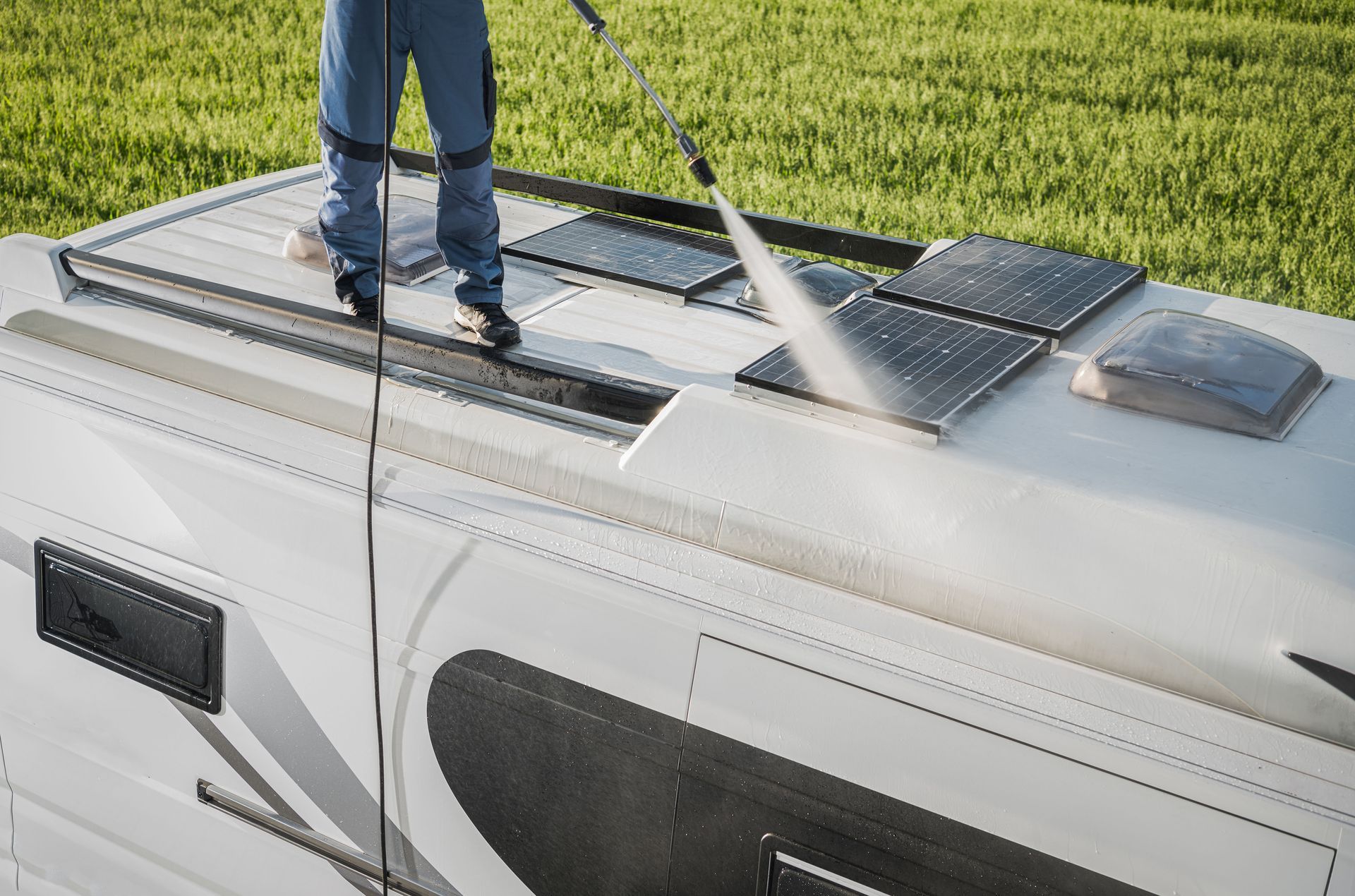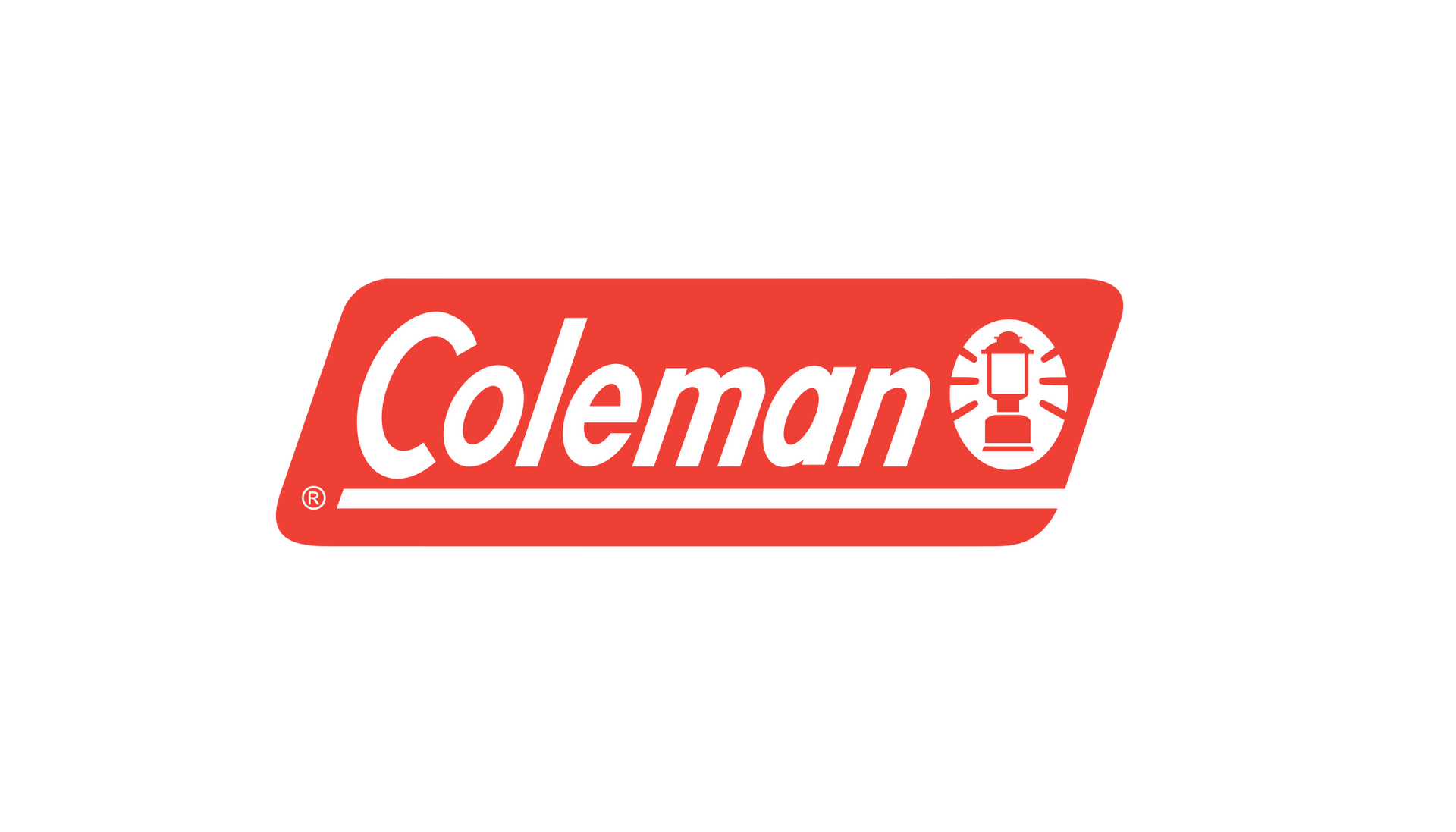By Randi Romans |September 12, 2025
September 12, 2025
Owning an RV offers the freedom to explore the open road and experience adventures on your schedule. However, just like any vehicle, RVs require regular maintenance to ensure safety, functionality, and longevity. Many RV owners underestimate the importance of professional inspections, assuming that routine checkups or DIY maintenance are enough. In reality, professional RV inspections provide a thorough and systematic evaluation that can identify potential issues before they become costly problems.
Whether you are a first-time RV owner or a seasoned traveler, understanding what a professional RV inspection entails is essential. These inspections go beyond a simple visual check and address mechanical, electrical, and structural aspects of your RV. By knowing what to expect, you can make informed decisions, maintain your vehicle in optimal condition, and enjoy peace of mind on every journey.
Comprehensive Mechanical Evaluation
One of the most critical components of any professional RV inspection is a detailed mechanical assessment. This process ensures that the engine, transmission, brakes, and suspension systems are functioning correctly. Mechanics use specialized diagnostic tools to identify hidden problems that could compromise safety or lead to breakdowns on the road.
During a mechanical evaluation, technicians check fluid levels, belts, hoses, and other essential components. They also examine the drivetrain and steering system for wear and tear. A comprehensive mechanical inspection often includes evaluating the RV’s tires, including tread depth, pressure, and alignment. These checks are vital because uneven tire wear or misalignment can cause handling issues and reduce fuel efficiency.
RV inspections also address the braking system. According to PW Consulting, commercial operators, including rental fleets, account for 15% of the RV repair market and conduct brake inspections 65% more often than standard drivers due to heavy mileage. Keeping your brakes in top condition is essential, particularly for owners who travel long distances or frequently tow heavy loads. Detecting worn brake pads, leaking brake fluid, or malfunctioning ABS systems during an inspection can prevent accidents and save substantial repair costs.
Electrical and Plumbing System Checks
Beyond the mechanical components, RV inspections include a thorough review of electrical and plumbing systems. An RV’s electrical system powers essential functions, from lighting and appliances to the air conditioning and heating units. Technicians check batteries, wiring, fuses, and circuit breakers for safety and efficiency. They may also test the inverter and generator to ensure reliable power when off-grid. Identifying electrical faults early can prevent inconvenient breakdowns and avoid potentially dangerous fire hazards.
Plumbing systems in an RV are equally important. Professional inspectors assess freshwater, gray water, and black water systems for leaks, clogs, and proper operation. They check water pumps, tanks, faucets, and hoses, ensuring that all connections are secure and functioning. A leak in the plumbing system may seem minor, but over time, it can lead to water damage, mold growth, and expensive repairs. Regular inspections help maintain a safe and comfortable RV experience, especially on extended trips.
In addition to these core systems, inspectors often evaluate auxiliary components such as water heaters, sump pumps, and RV-specific filtration systems. Ensuring these elements are in proper working order enhances the overall reliability of your RV, prevents costly downtime, and keeps your experience comfortable no matter where the road takes you.
Exterior and Structural Inspection
The exterior and structural integrity of an RV are often overlooked aspects of maintenance, yet they play a significant role in the vehicle’s longevity and safety. During an exterior inspection, professionals examine the roof, siding, windows, doors, and seals for signs of damage or deterioration. Common issues include cracked sealant, water intrusion, rust, and structural weaknesses. Early detection of these problems can prevent leaks and extensive damage that may compromise the RV’s structural stability.
Inspectors also pay close attention to slide-outs, awnings, and ladders, ensuring they operate smoothly and safely. For owners who store their RV outdoors, inspecting for UV damage, fading, or pests is essential. A solid structural inspection provides reassurance that the RV is ready for both short trips and long-term adventures. Regular maintenance, guided by thorough RV inspections, keeps the vehicle looking its best while preventing costly structural repairs.
Additionally, professionals often examine undercarriage components such as the frame, wheel wells, and hitch points for signs of rust, corrosion, or wear. These areas are crucial for overall safety and performance, particularly if the RV frequently travels on uneven terrain. Detecting issues in these hidden areas during an inspection ensures that structural integrity is maintained, and owners can address minor problems before they escalate into major repairs.
Interior Systems and Safety Features
Professional RV inspections extend to the interior, where living comfort and safety are paramount. Inspectors check appliances such as stoves, microwaves, refrigerators, and air conditioning units to ensure proper function. They evaluate lighting, entertainment systems, and other amenities, making sure everything operates safely and efficiently.
Safety systems receive particular attention during an inspection. Smoke detectors, carbon monoxide detectors, fire extinguishers, and emergency exits are examined to confirm compliance with safety standards. Inspectors also check for signs of water damage, mold, or pest infestations that could compromise health and comfort. By addressing these issues proactively, RV owners can enjoy worry-free travel and avoid unexpected repair costs.
Many inspections also include testing the RV’s propane system. Inspectors ensure connections, regulators, and tanks are secure and leak-free. Propane safety is crucial because even minor leaks can result in fire hazards or health risks. With a detailed interior assessment, thorough inspections provide peace of mind, knowing that both mechanical performance and onboard living conditions are optimized.
Maintenance Recommendations and Documentation
One of the most valuable aspects of professional RV inspections is the maintenance recommendations and documentation provided at the conclusion of the process. Inspectors create a detailed report highlighting current conditions, potential concerns, and suggested repairs or maintenance actions. This documentation serves as a roadmap for keeping the RV in peak condition, helping owners prioritize repairs and budget accordingly.
Maintenance recommendations often include routine servicing schedules, such as oil changes, brake inspections, tire rotations, and seasonal winterization. For RV owners planning long trips or purchasing a used vehicle, these reports are invaluable in making informed decisions. A documented inspection history can also increase resale value by demonstrating that the RV has been properly maintained over time.
Professional RV inspections are not just about identifying problems: they provide guidance and reassurance that your vehicle is safe, reliable, and ready for the road. The recommendations help owners take preventive measures that extend the RV’s lifespan and enhance performance, ultimately saving time, money, and stress.
From comprehensive mechanical evaluations and electrical system checks to structural assessments and interior safety reviews, inspections ensure that every aspect of your vehicle is in optimal condition. They help prevent unexpected breakdowns, enhance safety, and provide peace of mind for every journey.
By scheduling regular inspections, owners can identify issues before they escalate, maintain comfort and functionality, and protect their investment. Whether you travel frequently, own a commercial RV, or are considering a used vehicle purchase, professional inspections offer a level of assurance that cannot be achieved through casual checks or DIY maintenance. Taking the time to invest in professional care ensures your RV remains road-ready, safe, and enjoyable for years to come.
Ensure your RV is safe, reliable, and road-ready. Schedule regular
RV inspections with RV Doctor LLC and experience peace of mind on every adventure.
